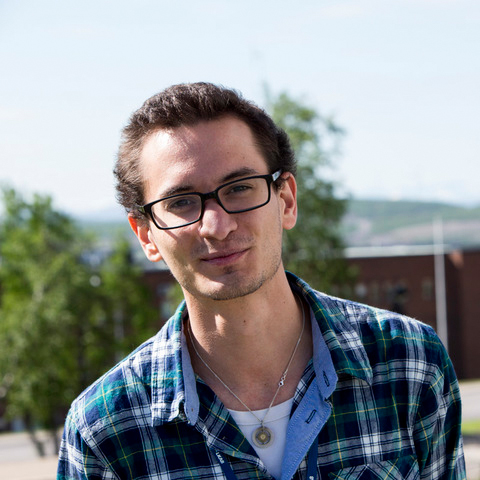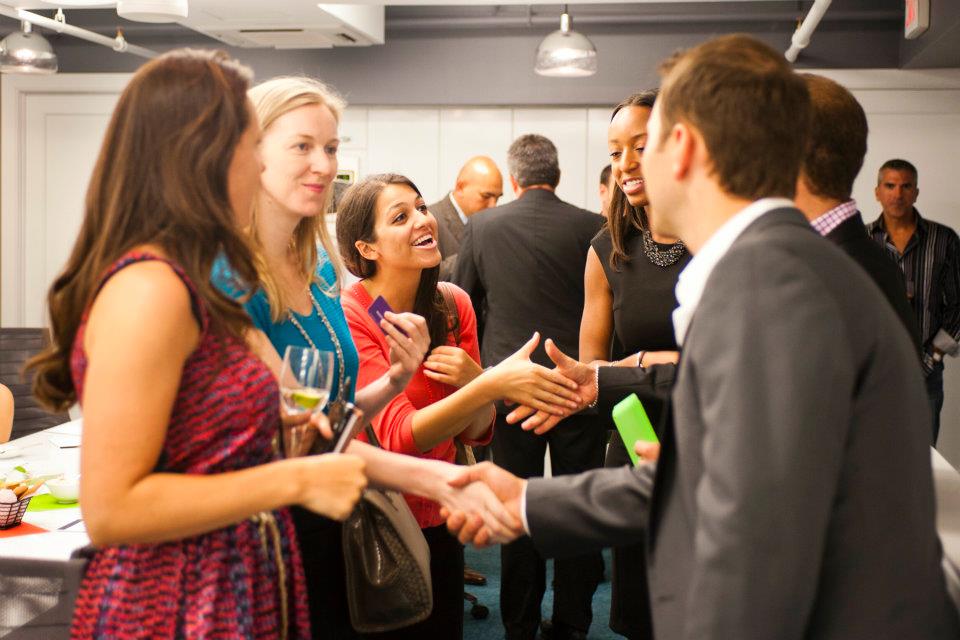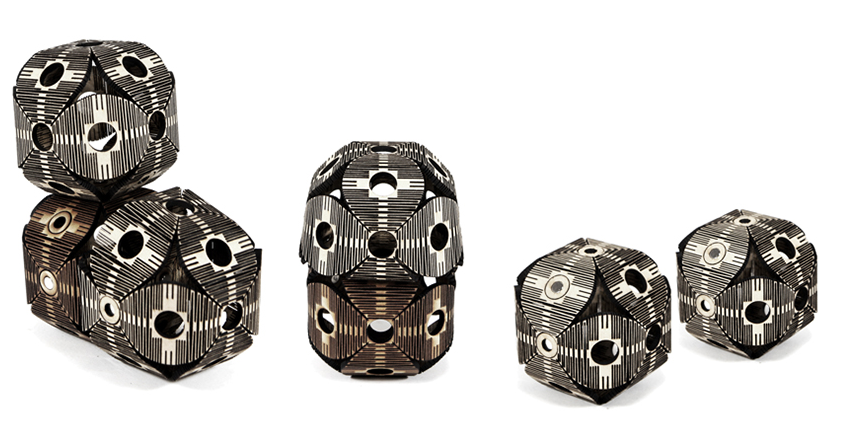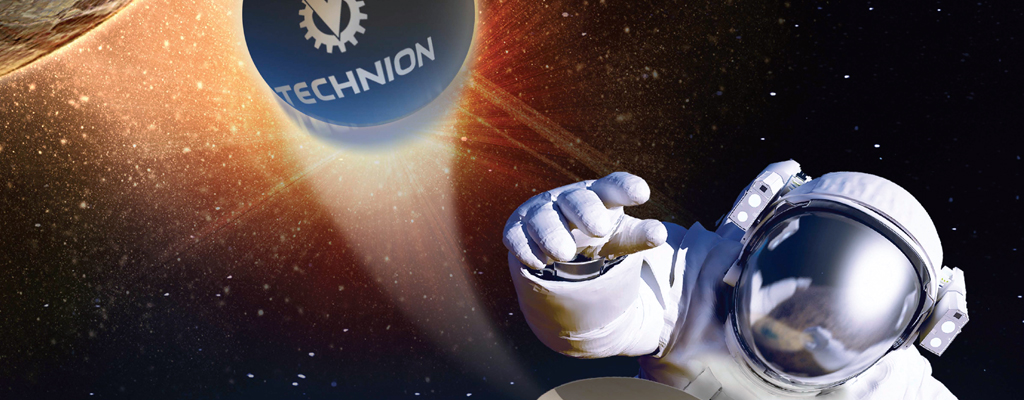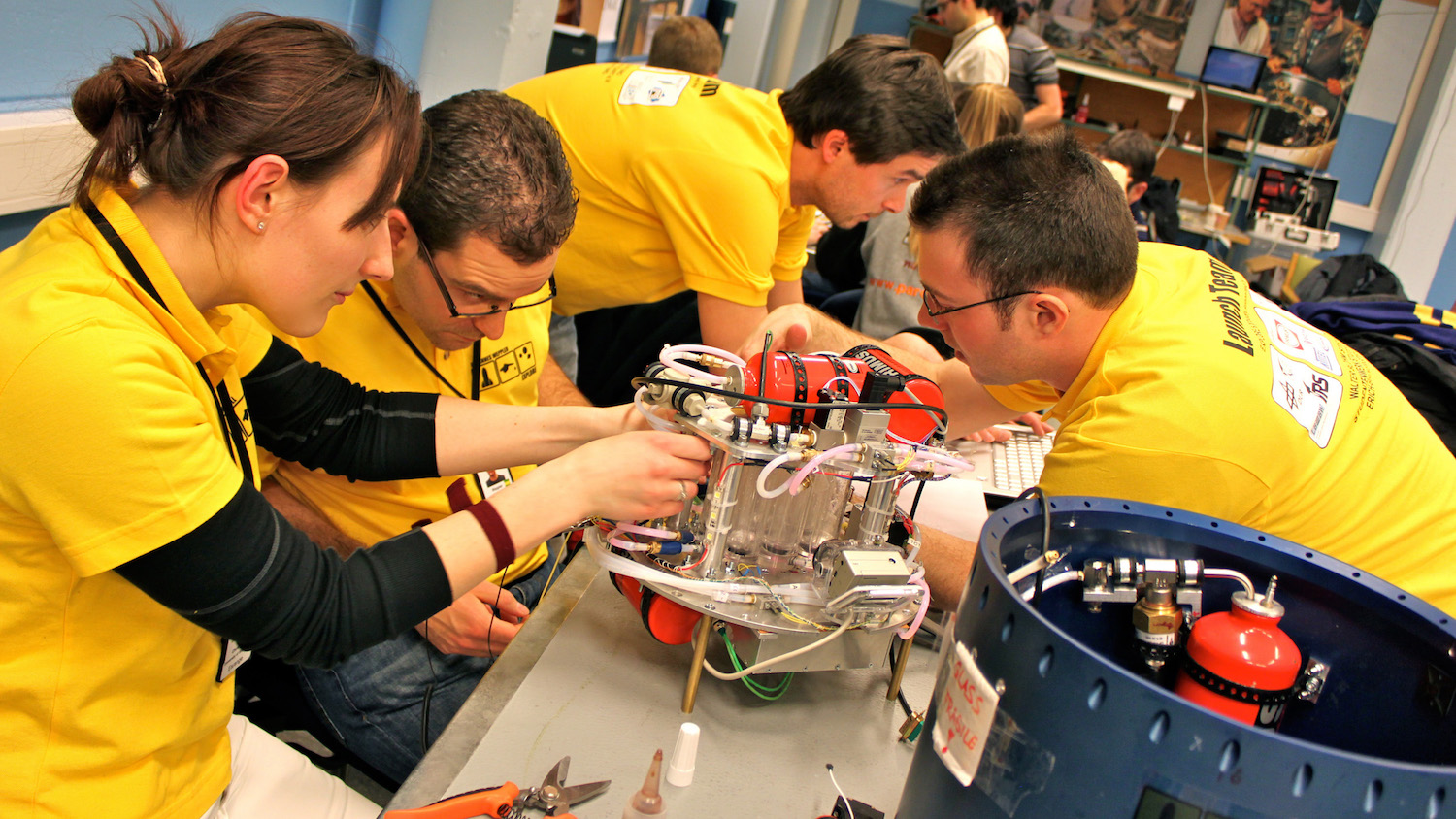
Let's start with a disclaimer. Going for space studies is NOT about becoming an astronaut or going to Mars. That being said, going for space studies IS about rockets, satellites, the Sun, stars, planets, Mars rovers, microgravity and a whole bunch of very exciting stuff. So, if you are enthusiastic about science and technology, and currently considering your next academic move, this article is just for you. Indeed, you might want to know that there exist study programmes where all lectures are about space science and technology. All of them. Imagine going to class and learning about rocket propulsion or satellite trajectories. Sounds good? There is more. Let's rapidly explore some of the topics you would learn about.
You will first learn the difference between going to space and remaining in space, which is a big one. While space officially starts 100 kilometers above our head, going there is not the same as going there and not falling back on Earth. After a few lectures, you will figure out why the International Space Station - a space science laboratory the size of a football field - has to travel at extraordinary speeds, several thousands of kilometers per hour, in order to keep flying 400 kilometers above the Earth's surface. In turn, it might then dawn upon you why we need immensely powerful vehicles - called rockets - in order to launch anything to space with the aim of leaving it there.
Artificial satellites cover a fairly large segment of what space technology is about. You probably know that we have lots of them in space, connecting the world, helping forecast the weather and study global warming or mitigating your navigation troubles... But in reality, how does that work? What are these technology masterpieces flying far off the ground that nevertheless extensively contribute to improve our lives on Earth and increase our knowledge of the planet? Space studies will get you acquainted with the different subsystems satellites are made of, necessary to operate them in space. You will understand why they must be launched by rockets into precise trajectories around the Earth - called orbits - depending on the specific missions they are built for.

If you decide to go for more science-oriented programmes, space physics will be a major part of your curriculum. The interaction between solar radiation - particles arriving straight from the Sun - and the Earth's magnetic field will no longer be an abstract concept. You will become familiar with the processes involved in the magnificent, colorful auroral displays at the poles. As your knowledge of the space environment increases, you will progressively realize the crucial role played by the thin layer of gas surrounding our planet in keeping us warm and protecting us from harmful space radiation. On a different note, you will find out about the amazing technologies that enable scientists to study the universe and discover planets orbiting stars light-years away.
Space projects is another great aspect of space studies. The space environment is being constantly used to test new technologies and perform research in many fields, such as earth observation, astronomy or material or life sciences. Hands-on space projects give the opportunity to student teams to come up with an idea, build and test their own experiments before conducting them in a space environment. Several programmes are available throughout Europe where teams are supported by industry experts during the duration of the programmes. For example, student teams are given the opportunity every year, to launch experiments in sounding rockets, or use a drop tower to perform science in a microgravity environment. Students can also get access to experimental space platforms to carry out their experiments by means of stratospheric balloons.
This wraps up a first insight on space education. I hope it will spark aspiring scientists' and engineers' interest in space studies. A catalogue of space-related universities and study programmes will soon be available on the SpaceBoard's platform, including specific information to help you make the right choice. Subscribe to our newsletter to be informed as soon as it goes live! To ultimately convince you, keep in mind that once you graduated, even though you might actually never build one in your life, you will be officially allowed to call yourself a rocket scientist.
Edit: We had previously mistakenly attributed the Rexus/Bexus programmes to ESA. A clear picture of the organisations involved can be found here. The error has been rectified.
In-text image: https://itsabeautifulearth.files.wordpress.com/2013/03/earth-from-iss-3.png

